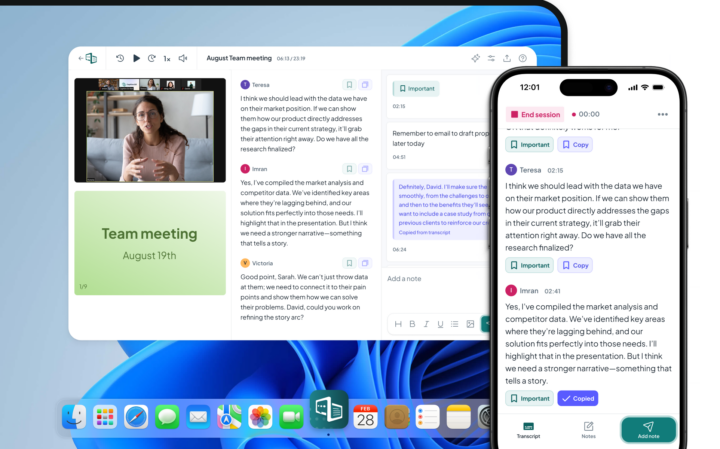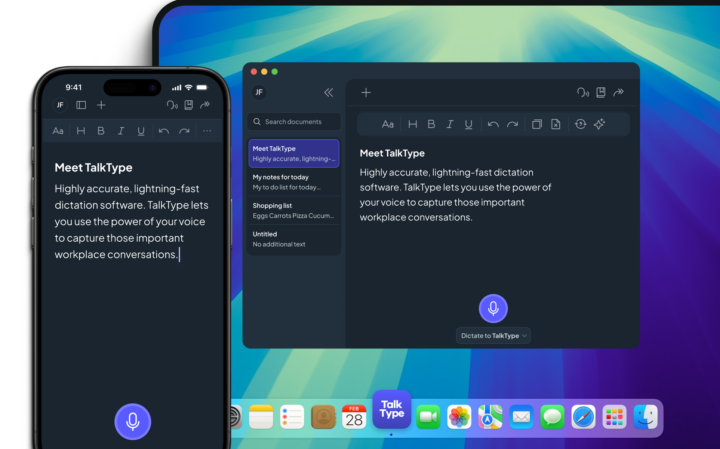What Is Employment and Support Allowance (ESA)?
Employment and Support Allowance (ESA) is an incapacity welfare benefit for UK-based adults who face difficulties working because of long-term illness, disability, or neurodivergence. Run by the Department of Work and Pensions (DWP), it’s a way for individuals to replace their basic income with state benefits when they can’t work due to illness or disability.
In August 2023 almost 10 million people claimed some combination of benefits from the DWP with around 1.6 million of those claiming Employment and Support Allowance (ESA).
People who can’t work or have limited capability to work can claim a New Style Employment and Support Allowance (ESA). They can do this if they are eligible, or check their eligibility through a Work Capability Assessment (WCA). Different types of ESA will suit different individual circumstances and some people may need to contribute towards an ESA if they’ve already been working. When people are unable to work or have limitations to their working lives because of complex health problems like Bipolar Disorder, OCD, acquired brain injury, or PTSD–which affects over 2 million people–ESA can help them.
Is ESA Taxable?
Whether the ESA is taxable or not depends on the type of ESA. WCA assessments for ESA will factor in someone’s National Insurance contributions. And the ‘‘New Style” ESA arrived in 2013 for anyone making a first-time claim. New Style ESA replaces the traditional contribution-based ESA, which some people will still receive.
So, whether an ESA is or isn’t taxable depends on the type of ESA. Those who contribute towards their New Style ESA will be taxed. But those on an income-based ESA, via Universal Credit, don’t need to pay any tax towards it.





